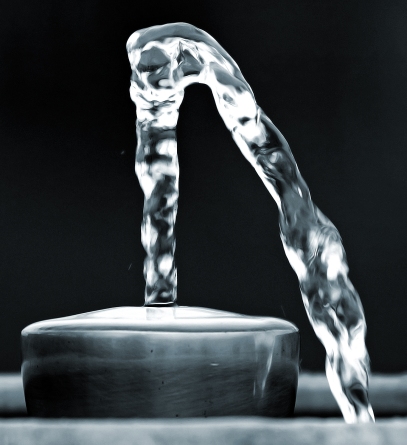 Malaysian centenarian Daud Seman has a daily habit that marks him out from most 100-year-olds: he cycles to work every day.
Malaysian centenarian Daud Seman has a daily habit that marks him out from most 100-year-olds: he cycles to work every day.
“I travel some 1km daily from my village to the market where I sell tobacco to my regular customers, who are also my close friends,” he told Malaysian newspaper The Star. It gives him the chance to have a chat and make some pocket money.
But though Daud’s cycling habit is unusual, it’s not unique among centenarians. Perhaps the most famous is Frenchman Robert Marchand, who celebrated his 103rd birthday in 2014 by cycling up a mountain (a modest feat for Robert, who is an over-100 world record holder for cycling nearly 17 miles in an hour).
Or we could cite Scarborough cyclist Stanley Chadwick who, at 100, cycled part of the route for this year’s Tour de Yorkshire.
So is their love for cycling part of the reason they have lived to 100?
Probability rating: 8 out of 10. Regular cycling leads to better cardiovascular fitness, joint mobility and muscle strength and flexibility. It should be no surprise then that professional cyclists see a benefit: this clever study found Tour de France riders lived on average eight years longer than the rest of us.
But what about leisure or commuter cyclists? Well, cycling is a great example of the moderate aerobic exercise it’s recommended we take part in each week. This research, in Denmark, found a 40% reduction in mortality risk among those who cycled to work compared to those who didn’t. And this study concluded that the Dutch love of cycling saves about 6,500 lives a year and adds over six months to life expectancy.
Cycling isn’t without risks, of course. In the UK it’s become much safer over the last century (in 1934, an astonishing 1,536 cyclists were killed in the UK*) but in 2013 more than 100 cyclists still died. Even then, cycling remains a relatively safe form of transport, with around eight million trips for every death. Overall, this major study of cycling concludes that the benefits of cycling are nine times greater than the combined additional risks from accidents and air pollution.
Plus, cycling takes you places. While for some that may be their office, for others it provides an opportunity to get out into the countryside, see the sights or – as in Daud’s case – meet friends. All the more reason that two wheels are better than none if you want to live to 100.
*Why so high? A clue lies in the fact that the driving test was only introduced in 1935. Poor driving meant that, despite there being far fewer cars on the roads (bicycles still outnumbered them), there were around 6,500 road deaths overall compared to around 2,000 today.
photo credit: 2015-Twilight-Criterium-13 via photopin (license)


 OK, so Liverpudlian
OK, so Liverpudlian 

